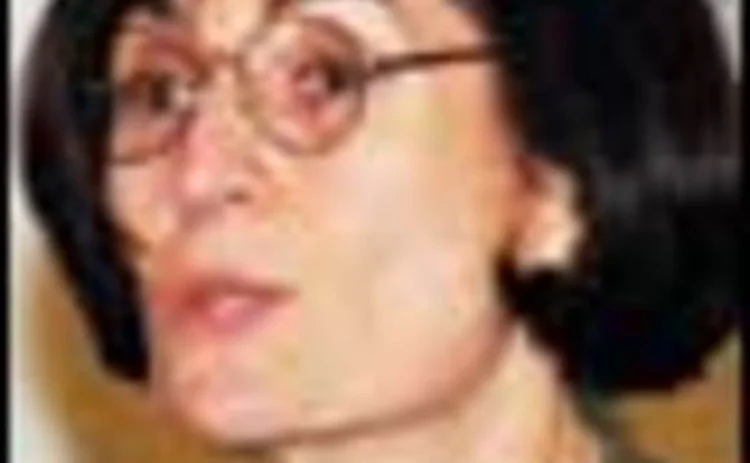European energy competition still patchy, says Cap Gemini

The report, which covers the period from April to October 2002, shows large regional variations between the market share of major players. In the UK and Germany, for example, no generating firm accounts for more than 25% of market share, but in France and Belgium former monopolies EDF and Electrabel respectively still retain market shares of more than 90%.
Germany and the UK are singled out as the two countries with the greatest volume of electricity subject to competition in both the industrial/commercial and residential markets.
The European Union has recently said all industrial and commercial markets must be open to full competition by 2004, with retail markets to follow by 2007, a move the report says will pose significant challenges for countries such as France and Italy, where market opening is still limited.
The report says cross-border trading is not yet sufficient to create a single European market, as continuing differences in wholesale prices between neighbouring countries are holding back the efficient transfer of power across most national borders. It is only when there are no limitations to cross-border trade, such as between Germany and Austria, that wholesale prices are aligned.
In addition, the report says interconnections between countries were designed for reliability and security rather than trading.
Some progress has been made in developing cross-border capacity auctions that allow greater trading access to the interconnectors. However, standardisation is lacking, as four different types of auctions are currently in use, all of which tend to favour pre-existing long-term contracts rather than short-term, price-responsive deals.
“The report is based on data for the traditionally quiet summer period, but in fact emphasises how much is going on,” said Colette Lewiner, Paris-based senior vice-president and global leader of the energy, utilities and chemicals practice at Cap Gemini in a statement to mark the release of the report on March 25.
“The sheer volume of activity is evidence that the European utility industry is facing a number of significant challenges that will only get more pressing as time goes on,” she said. “Companies have already made major changes in response to deregulation, but the report emphasises that they have a significant amount still to do.”
* European energy markets deregulation observatory, www.cgey.com/energy
More on Regulation
Traders prepare for EU energy rules despite political risk
Exporter pressure on LNG supplies is threatening Europe’s regulatory push, leaving markets uncertain
Esma sounds out industry for ways to cut reporting burden
Markets watchdog asks consultative groups for ideas to simplify reporting rules
Why EU banks have snubbed revised green finance metric
Banks steer clear of Banking Book Taxonomy Alignment Ratio in droves
Ruled out: can regulators settle the pre-hedging debate?
Market participants are at odds over the practice and whether regulation or principles can settle the score
First green asset ratios come in low as EU banks protest methodology
ABN Amro only bank to break double digits in a sample of 23 lenders
Commodities surge presents UMR test for Asia’s sell side
Increased interest in commodity exotics comes amid scrutiny of margin calculation models
Some see Esma reining in position limits after review
The scope of position limits could shrink to cover just the major benchmarks, one executive argues
Burden of implementing US sanctions now firmly on energy firms
Energy firms must now screen operations of every vessel they deal with, writes maritime data expert







